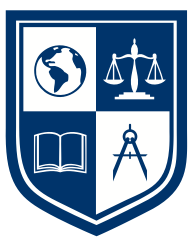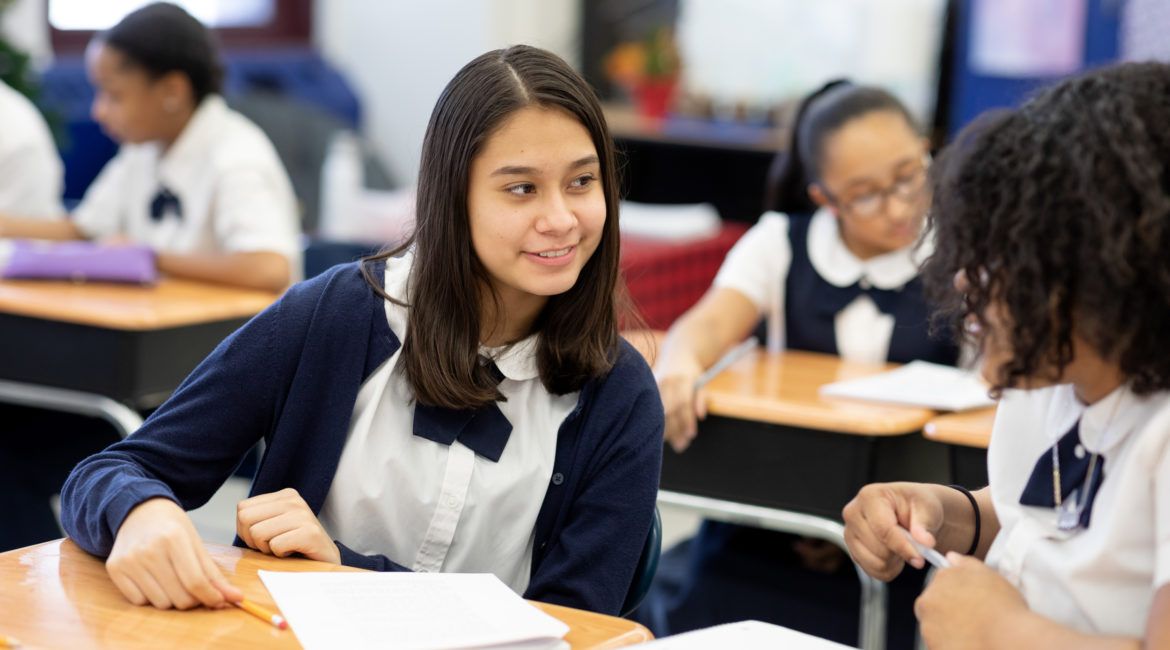In 335 BC, Aristotle started a school called The Lyceum based on the love of the abstract, the desire to know, and the mastery of basic mathematical principles. Aristotle was one of the first Renaissance men—a type of learner who understood that every discipline is interconnected. Celebrated as the first true scientist, Aristotle was adamant that learning was not a feat of memorization—it was a process of questioning. One that could be systematized and scaled to make sense of the most complicated problems. Out of this belief came fundamental systems of inquiry like the scientific method: systems that have defined the modern discipline of science as we know it. Aristotle’s work paved the way for the modern establishment of the Classical school, which now focuses on teaching students how to think critically, paving the way for both cerebral discussions and reflective dialogue.
Inquiry verses Memorization
While there are nuances to learning, an inquiry-based approach has the best, most sustained, and transformative impact. Why settle for memorizing simple facts about World War II when you can stretch yourself to consider the influence institutional propaganda can have on a nation? Why learn individual words when you can learn the structure of words and derive meaning for words you’ve never seen before?
Unfortunately, the true tragedy of public education in our nation is that we do not set students up to be self-sufficient, well-informed, inquiring citizens. We teach them facts and figures, but not always how to connect those facts and figures into new ideas. Luckily, we are starting to recognize the error in our system and correct it accordingly. The move to common core curriculum and the uptick in school networks focused on exploratory learning is a step in the right direction. Several school systems approach the push for critical thinking differently. Montessori schools for example are known for their artistic approach to exploratory learning. Other networks have adopted project-based learning programs or incorporated advanced STEM courses like robotics and engineering that provide students with the opportunity to actively solve problems using science and math.
How Classical Charter Schools Uses a Classical Curriculum to Encourage Critical Thinking
At Classical Charter Schools, our approach to setting all scholars up for success by teaching them tools to analyze and respond to complex problems, is founded on the classical model. In the “classical” philosophy of education students are taught the fine arts and concrete sciences through the basics of grammar, logic, and rhetoric: the “big three” Trivium Arts.
In order to be a successful critical thinker, you need to learn what the rules are in order to think both outside of them and within their confines. As a result, we structure our lessons in a way that accounts for the three Trivium arts. First, we introduce scholars to new material and the rules and procedures that follow (grammar), then we practice the rules with a partner (logic), and finally, we independently apply understandings (rhetoric). The benefit of this approach is that it provides students with a transformative tool: the ability to observe, question, test, and draw conclusions that are valid and based on evidence.
The classical model of education is a balanced mixture of structured, paradigm-based learning and a deep-interaction with great thinkers in Western History. So no, you will not find our teachers dressed in togas or dawning the soleae of Hermes, but you will find our 3rd graders learning Roman mythology, our 5th graders studying the Tempest, and our 6th graders studying great philosophers like Hume and Descartes. At Classical Charter Schools, the “classical” in our name represents our undying belief that every scholar who walks through our door is a curious learner capable of mastering grammar, logic, and rhetoric—but also that they have the desire and human right to explore the world’s most complex ideas.
As educators, we cannot settle for demanding compliance and fact recollection—we must reward scholars who interpret, draw conclusions, and question the ways things are. In this vein, one of my biggest joys and challenges in teaching thus far has been finding ways to make lessons both riveting and intellectually rigorous. I have already been surprised countless times by my students, who, with small supports, take apart large abstract problems.
For example, in a discussion on the motivation behind fascism and communism in my 7th Grade History course this fall, my scholars were able to reach beyond the text and debate the “duality” of man and the factors that might influence a nation to trust seemingly heartless leaders such as Hitler or Stalin. When I prepared my lesson for that afternoon, I did not envision them using their takeaways from Animal Farm to form a political analysis or catalyze such a vivid and far-reaching discussion. And that is exactly what classical education represents—the idea that students will surprise us when we teach them the basics while allowing their natural creativity and genius to shine through.
While the classical model is only one of many options for building critical thought, I believe it is exceptional for sparking fervent discussions based on great books and texts. The chief end of the classical education is to teach scholars to make positive changes to the systems that exist in our world. How can they do this if they do not know the rules and systems that exist in the first place? Before we can express our desires, our wants, and our wishes, we must be aware of what has come before us and what current solutions have been proposed. A classical education is simply this: a critical lens through which to view the world and make informed decisions that build towards a better tomorrow.

This post was contributed by Mr. Christopher Perednia, 6th – 8th Grade History, Latin & Debate Teacher at South Bronx Classical II. As a non-CMO charter network, we rely on the thoughts, opinions, and innovations of our staff to move our mission forward and provide an excellent academic option to families in the South Bronx. To hear more from our staff, check out the next post! Or, click here to learn more.


